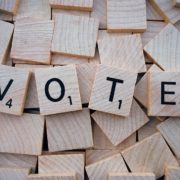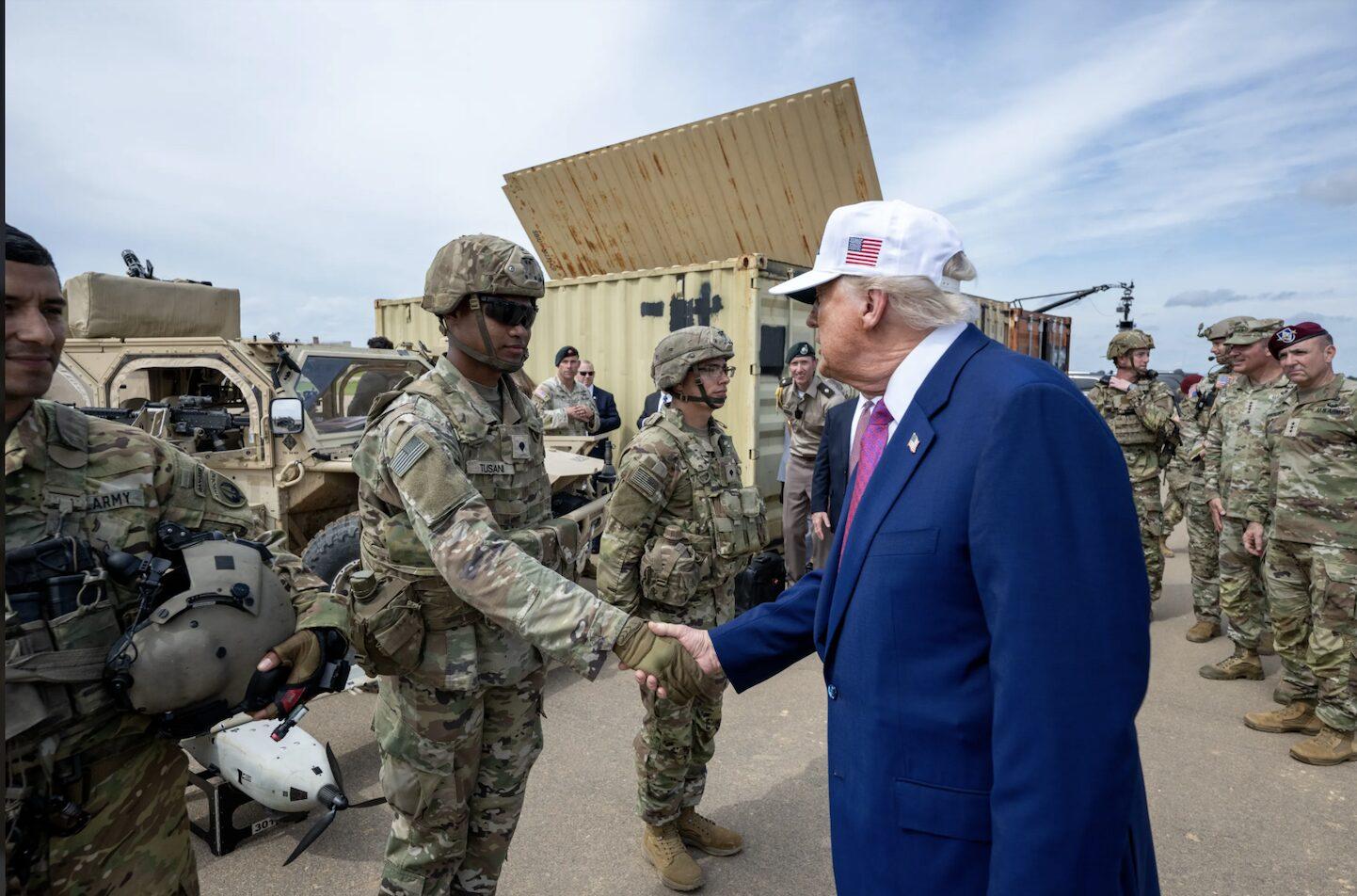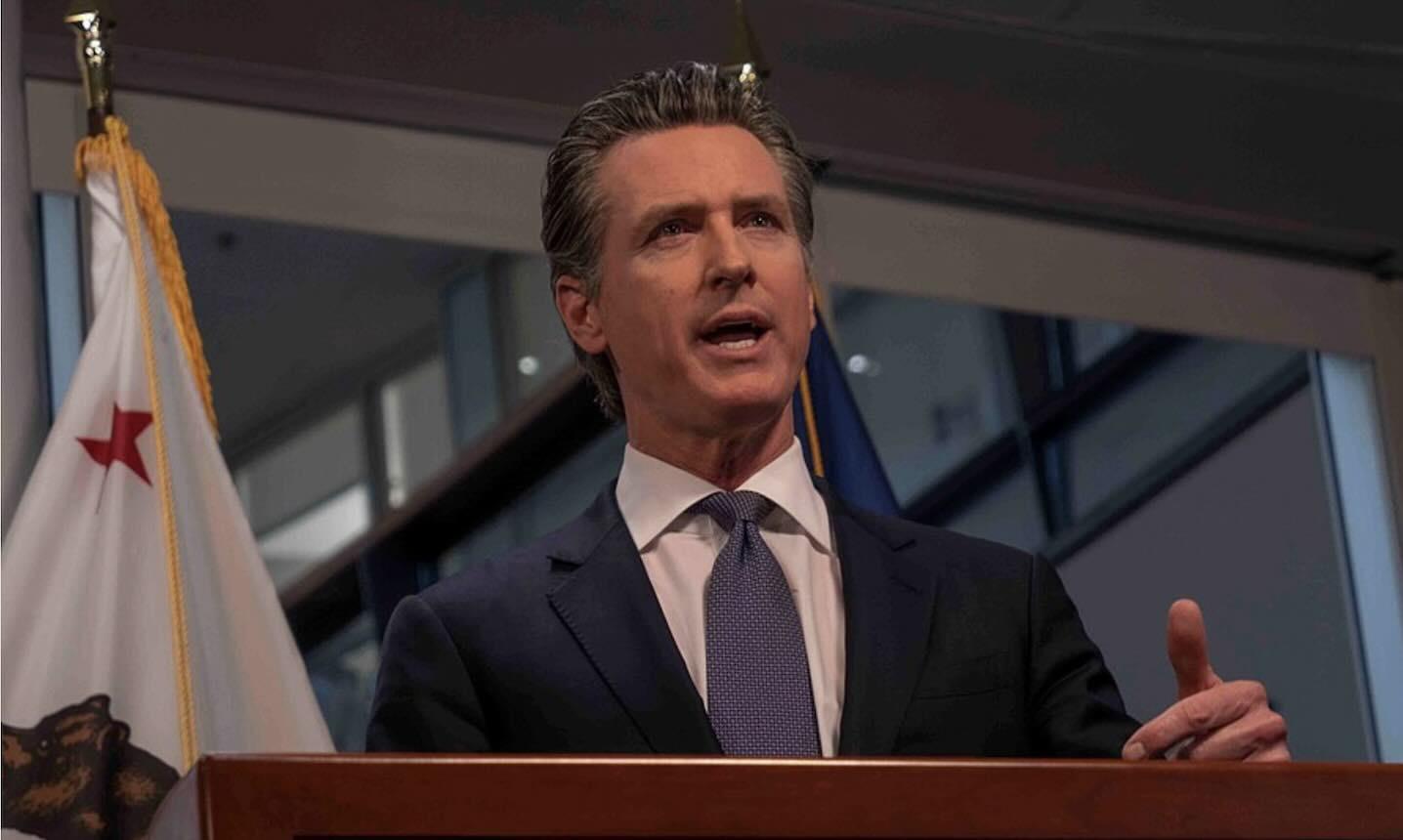With a population of over 21 million, Asian Americans are growing faster than any other ethnic racial group in the United States. In California alone, the Asian American Pacific Islander (AAPI) population size is over 6.5 million — increasing at a 52 percent growth rate.
Yet, when it comes to voter turnout, experts think much more of them should be getting involved to reflect such growth. Asian Americans are expected to constitute nearly 10 percent of eligible voters by 2036.
For Californians, this year is especially important as they will be able to vote for who they want as U.S. Senator, California State Governor, Lieutenant Governor, and Secretary of State. These, in addition to a number of other State offices and five ballot measures.
Those living in Los Angeles will also have the opportunity to vote for Superior Court, Assessor, and Sheriff seats.
With the final day for voter registration and the California primary election day itself fast approaching, many Asian American Pacific Islander (AAPI) community and advocacy groups are pushing for Asian Americans to not only register to vote, but actually head out to the polls.
“Due to lower voter turnout in primaries, AAPI communities’ votes will have a greater impact,” Stewart Kwoh, president and executive director of Asian Americans Advancing Justice – LA, said at a press conference on the matter held on Thursday, May 17 at the organization’s LA headquarters.
“By getting out the vote, we will show policymakers and elected officials that our voice matters and that our communities demand to be heard,” said Kwoh.
In California, the number of Asian Americans who registered to vote in the state increased 11 percent between 2012 and 2016. Furthermore, Asian Americans made up over nine percent of the state’s voters during the 2016 General Election.
But advocates like former California State Assemblyman Warren Furutani say that while the numbers show an improvement, they are not enough.
“I think people don’t realize that the AAPI community has reached the capacity where it is no longer a minority’s minority,” said Furutani who also has served on the school board, community college board, and the state legislature.
He added that the AAPI community makes up 15 percent of the state’s population, and should be using that large percentage to be a stronger part of the political process.
As many Asian Americans work to become familiar faces in media and entertainment — take the nation’s food scene, for example — many have also been working to diversify the political landscape. Such is the case for California.
“If you look at businesses, or if you look at the Food Channel on television and on cable, everyone talks about Asian Food,” said Furutani. “But when it comes to politics, that’s really an area of growth for the Asian Pacific Islander community.”
Among the candidates running for California governor this cycle is John Chiang, a son of Taiwanese immigrants. Running for California’s 39th Congressional District is Dr. Mai Khanh Tran who at 9 years old, immigrated from Vietnam on her own. In San Francisco, Korean American Jane Kim is running to be San Francisco’s first female Asian American mayor. These are just some of the many Asian American individuals running for offices.
“So no one can complain that we don’t have candidates running for office, and these are excellent candidates,” said Furutani.
Outreach efforts
To encourage voter turnout, a coalition of AAPI community advocacy groups including Advancing Justice-LA have engaged in a comprehensive get out the vote and phone banking campaign to reach the roughly 25,000 Asian voters living throughout Los Angeles County.
With the help of the League of Women Voters of California Education Fund, they’ve also been distributing “Easy Voter Guides” which describe offices and the propositions in plain language with translations.
The coalition also includes Korean Immigrant Workers Alliance (KIWA), Pilipino Workers Center (PWC), Filipino Migrant Center, Asian Pacific Labor Alliance, Restaurant Opportunities Center of Los Angeles, Asian Youth Center, and Asian Pacific Policy and Planning Council.
Aquilina Soriano-Versoza, executive director at PWC, emphasized the importance of voting has not only having an impact on those who become elected, but on what issues get addressed.
“We need the legislators to hear about the stories of our community — of how we are affected by this housing crisis, access to healthcare, immigration issues, education issues — all of these issues that impact our families and our daily lives,” Versoza told the Asian Journal.
The electoral process can sometimes be confusing, and this can be especially true for minority communities like that of Asian American groups. Challenges of getting more ideal voter turnouts for the most part revolve around education and mobilization.
The PWC and the Filipino Voter Empowerment Project have been working on tools and community oriented outreach events to help encourage a larger voter turnout among the Filipino-American community which is the largest AAPI group in California with a population of 1.6 million.
Their next event that will take place at the PWC on June 2 is called “Voter Empowerment powered by Halo Halo” and will feature opportunities to learn about voting basics and this cycle’s ballot initiatives while enjoying the Filipino dessert halo-halo.
At KIWA, a number of immigrants are also hoping to do their part despite not yet being able to vote.
“These phone bankers are not yet eligible to vote themselves — they’re immigrants and they’re aspiring to be able to vote,” said Alexandria Suh, executive director of KIWA. “But that doesn’t mean that they cannot be involved in the civic process.”
Speaking on the importance of outreach towards minority communities, Suh recalled a story of how one elderly Korean woman she had registered to vote shared that no one had ever approached her to register until then despite having been a citizen for decades.
“She said to me that she wanted to vote once before she dies,” said Suh. “I really hope she votes many times before she dies, but she might not know how often those elections come around — especially the special elections.”
The deadline to register to vote in this upcoming California Primary Election is Monday, May 21. Those wanting to vote via mail have until Tuesday, May 29 to request a “vote by mail” ballot. Polling places will be open on election day, Tuesday, June 5, from 7:00 a.m. to 8:00 p.m.
“This is what this project is all about — bringing to bear our communities to create political power and have an impact on who gets elected, how policy gets made, and how it affects us and all of our communities,” said Furutani.
He added, “It’s your responsibility. In my opinion, it’s an obligation.” (Rae Ann Varona / AJPress)







